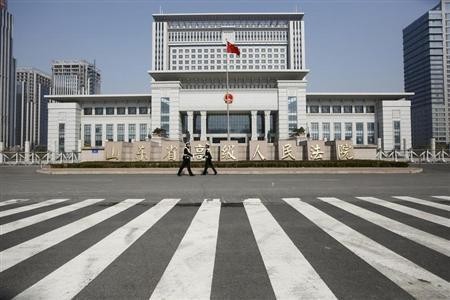Beijing and Shanghai have seen an increase in the number of lawsuits filed by their residents against regional government departments after special courts were set up in the two municipalities, China Daily reported.
The judicial reform is being rolled out in the said areas through the Shanghai No. 3 Intermediate People's Court and Beijing No. 4 Intermediate People's Court as part of a pilot program.
Previously, such cases in which the defendant is a district's government were handled by district-level courts.
According to Wu Xielin, president of the court in Shanghai, the goal of the reform is to cut the interference of regional governments during trials. This is seen helpful in assuring that judges can independently create their verdicts, the report noted.
"I have not received any 'order' from a government department over the past year whose intent was to use administrative power to 'guide' a judgment," Wu said.
Wu shared that in 2015, 242 of the 610 administrative cases in the municipality named a Shanghai government agency as the defendant. The figure was a huge increase from 2014's 13.
"Now, every judge on our court is ordered to inform the two parties--especially the government department that is involved--not to engage in any behavior that might influence a verdict before trial," Wu said. "If we find such banned activity, such as leaving a message with the court that's intended to affect a hearing, we'll record it and identify it as interference."
Wu further pointed out that they "will explore how to tackle commercial and civil disputes across administrative regions this year, as well as take on environmental and food safety cases."
Meanwhile, Beijing has heard a total of 1,396 administrative cases in 2015, a sevenfold increase from the 2014 data. According to its court's president, Wu Zaicun, the rise can be attributed to the national reform in case filing.
Under the reform, only a simple registration is required to file a dispute, in contrast with the previous cases where a full review is needed.
"The lower threshold has reduced the difficulty prospective litigants face in bringing an administrative lawsuit," Wu said. "The establishment of the two courts was a step toward implementing the rule of law, as well as the judicial reforms put forward by the country's top leadership."



























